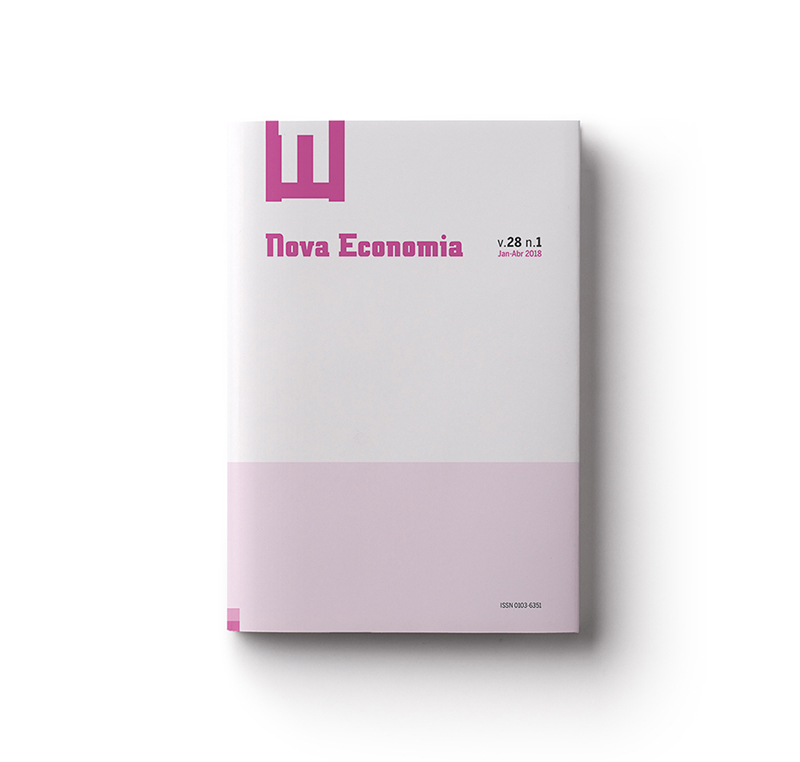Controvérsias sobre a macroeconomia de Keynes e seus possíveis fundamentos microeconômicos
Keywords:
Keynes, concorrência imperfeita, fundamentos microeconômicosAbstract
Este artigo faz rápida revisão dos argumentos que ligam o corpo teórico da Teoria Geral ao aparato de concorrência imperfeita – tanto os que Keynes teve chance de responder, quanto alguns que foram recuperados muitos anos depois. O que se quer, aqui, é defender um ponto crucial: os resultados de Keynes não dependiam de “fundamentos microeconômicos”, entendidos como a definição de estruturas de mercado particulares. Pretende-se mostrar que Keynes, ao ser confrontado com a sugestão de utilizar um aparato de competição imperfeita para fundamentar seus resultados, rejeitou fortemente esta possibilidade, mostrando não considerar necessária, para a sustentação de seus argumentos, a definição de uma estrutura de mercado específica. Mais tarde, várias críticas feitas à Teoria Geral em seu berço foram retomadas.Downloads
Published
2018-06-04
How to Cite
FERREIRA, A. N. Controvérsias sobre a macroeconomia de Keynes e seus possíveis fundamentos microeconômicos. Nova Economia, [S. l.], v. 28, n. 1, 2018. Disponível em: https://revistas.face.ufmg.br/index.php/novaeconomia/article/view/2650. Acesso em: 25 feb. 2026.
Issue
Section
Regular Issue
License
Authors who publish with this journal agree to the following terms:
- Authors retain copyright and grant the journal right of first publication with the work simultaneously licensed under a Creative Commons Attribution 4.0 International License that allows others to share the work with an acknowledgement of the work's authorship and initial publication in this journal.
- Authors are able to enter into separate, additional contractual arrangements for the non-exclusive distribution of the journal's published version of the work (e.g., post it to an institutional repository or publish it in a book), with an acknowledgement of its initial publication in this journal.
- Authors are permitted and encouraged to post their work online (e.g., in institutional repositories or on their website) prior to and during the submission process, as it can lead to productive exchanges, as well as earlier and greater citation of published work (See The Effect of Open Access).




